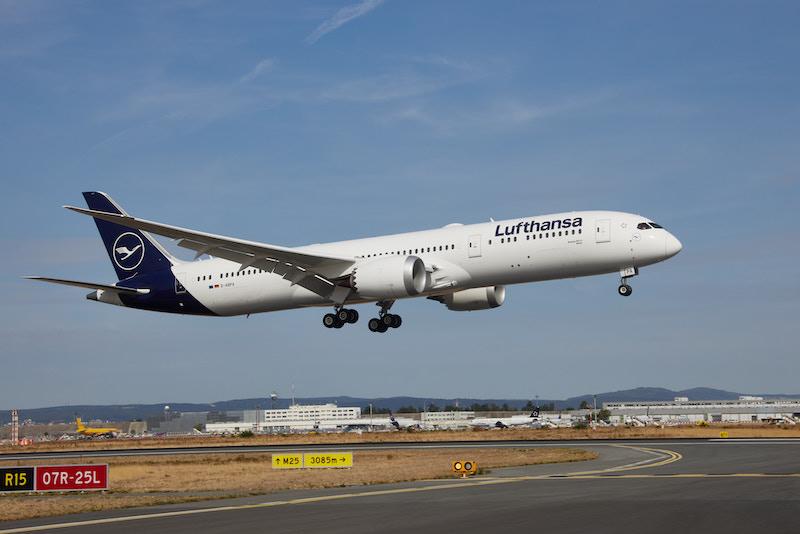
Lufthansa and its pilot union Vereinigung Cockpit (VC) are nearing their next major dispute, after confidential talks spanning several months failed last week.
VC told members in an internal memo that “at the end of the day we have to recognize that negotiations with the employer (and probably also with us) are tedious. (...) There is no presentable result, other than the fact that we could dive deeply into topics and learnt a lot about ourselves, our counterparts and our positions.”
Following a round of pilot strikes, the two sides agreed in September 2022 to enter informal and confidential talks that were targeted at solving long-standing disputes that had plagued the relationship for many years. Lufthansa agreed to an immediate €980 ($1066.99) monthly pay raise for every pilot. The talks were to be concluded by June 30, 2023, but have now been prematurely ended by the union.
Lufthansa’s pilots engaged in multiple strikes in various pay negotiations until 2017, when the two sides reached an “agreement on perspectives” that guaranteed the pilots at least 325 aircraft in the mainline carrier, Lufthansa Airlines. During the coronavirus pandemic, management terminated that agreement, arguing that the drop in traffic and, as a consequence, fleet numbers will be so large permanently that the deal is no longer realistic.
At the same time, Lufthansa has been building up new affiliates for certain traffic segments: Eurowings is in charge of European services that don’t touch the Frankfurt and Munich hubs. Eurowings Discover is handling short- and long-haul leisure flights from the two hubs, though the airline is currently more focused on Frankfurt. The group is also in the process of setting up City Airlines, a new subsidiary based in Munich that is to operate a fleet of around 40 narrowbodies feeding the hubs. The future of regional affiliate Lufthansa CityLine is also in the mix.
Pilots have seen the creation of new air operator certificates (AOCs) as a threat to their flying opportunities, particularly in connection with the terminated guarantee.
The confidential format, dubbed “closed room”, was unusual in the sense that Lufthansa accepted to talk about strategic decisions, too, and not only the usual issues around pay and work conditions that are typically the subject of negotiations. As part of the talks, Lufthansa had indicated that it was willing to talk about new fleet guarantees for the mainline carrier. The two sides also attempted to define specific areas of responsibility for each of the group subsidiaries to avoid what would be perceived by pilots as future threats.
In Germany, such a subject cannot not legally be part of wage negotiations, but informally played a role in past conflicts anyway.
Lufthansa said in a memo to employees that “aligning the interests of two social partners is challenging and can, under certain circumstances, take longer than expected.” Management was still “determined” to come to an agreement with VC over the next few “weeks and months.”
Technically, the talks can be resumed until the end of June, and VC cannot call its members to strike action until then. The union has nonetheless made clear that future talks will focus on the issues of pay and work conditions. Given the most recent pay hikes received by pilots at U.S. regional and legacy carriers combined with continued high inflation, demands are expected to be high and internally pressure is mounting to push for a lot, particularly now that the broader talks have not led to any tangible results.
Work conditions are another subject that is now coming more into focus. VC said they have not received enough attention in the past but will now move to center stage.
